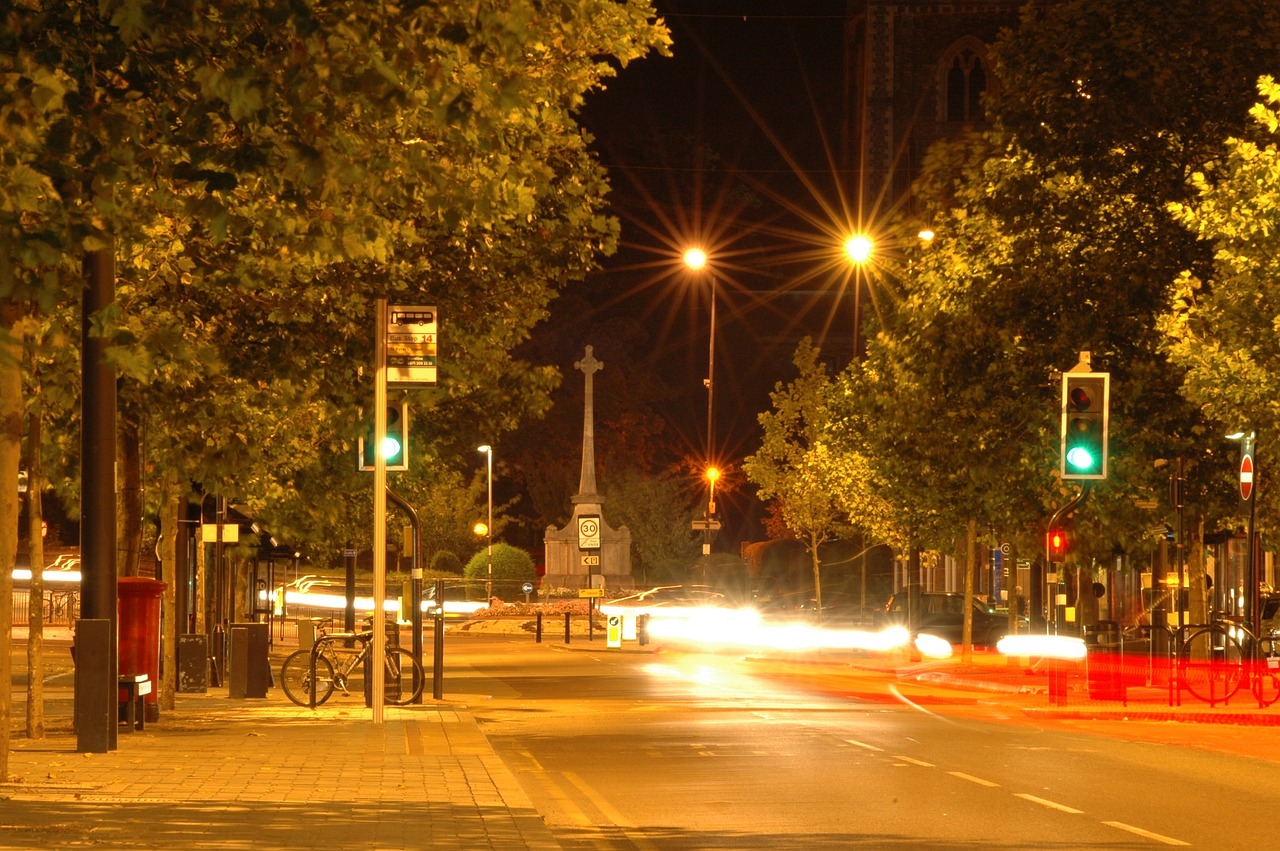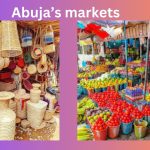Taking a Cultural Tour of the City. Abuja, Nigeria’s capital, blends modernism, history, and culture, offering a diverse range of activities in its charming neighborhoods.
Abuja’s districts offer diverse attractions, including lively marketplaces, historical sites, peaceful parks, and modern attractions, each with its own unique charm and tales.
Take a cultural tour of the city’s most interesting neighborhoods to learn what makes them so unique.
Garki: Abuja’s beating heart
Garki, Abuja’s administrative and economic hub, is home to numerous government buildings, embassies, and commercial establishments, showcasing cultural vitality and regional character.
Important sites in Garki
Arts and Crafts Village:
This village, which is close to the Sheraton Hotel, features an extensive array of traditional Nigerian arts and crafts.
It’s the ideal place to buy souvenirs because visitors may buy jewelry, fabrics, and handcrafted antiques.
Garki Market:
One of the busiest marketplaces in Abuja, Garki Market sells a wide range of goods, including electronics, clothes, and fresh food.
It’s a fantastic location to take in the energy of the neighborhood.
Wuse: The Business Center
Wuse, Abuja’s business hub, is a blend of modernity and heritage, surrounded by multiple zones and brimming with retail stores, eateries, and entertainment establishments.
The Main Draws in Wuse
Jabi Lake Mall:
With a range of national and international brands, this lakefront mall offers a posh shopping experience.
It is the ideal location for a day trip because it has a movie theater.
Wuse Market:
Another large market, Wuse Market is a fantastic place to get traditional Nigerian dishes as well as household supplies.
It’s a bustling area where you can fully experience the culture of the area.
Nightlife:
With so many bars, clubs, and lounges, Wuse is well known for its vibrant nightlife.
The Bank Lounge and Traffic Bar are well-liked locations for dancing, mingling, and enjoying music.
Maitama: The Wealthy Area
Taking a Cultural Tour of the City. Maitama, a renowned neighborhood in Abuja, offers a serene escape from the city’s lively areas, blending elegance and nature.
Main Draws in Maitama
Millennium Park:
This large park is ideal for strolls, picnics, and taking in Abuja’s scenic surroundings.
Families and couples searching for a peaceful getaway love it.
Dunes Center is a posh shopping and leisure complex with a variety of dining, retail, and entertainment options.
For those looking for elegance and luxury, this is the place to go.
Asokoro: The Place of Authority
Asokoro, a popular destination for Nigeria’s elite, is known for its lavish mansions, high-security areas, and historical and cultural landmarks.
The Main Draws in Asokoro
- Aso Rock is a large rock structure that is a well-known natural feature in Abuja. Hikers can take in the expansive metropolitan vistas.
- The National Ecumenical Centre, sometimes referred to as the National Christian Centre, is a remarkable architectural marvel and one of the biggest Christian centers in Abuja.
- Abuja National Mosque is a well-known religious location that welcomes tourists and provides information on Islamic architecture and culture.
Jabi: A Haven by the Lake
Jabi is well-known for its leisure amenities and the scenic Jabi Lake. It’s a popular place for leisure and relaxation since it blends the allure of nature with contemporary amenities.
Major Draws in Jabi
- Jabi Lake is a stunning lake that offers a range of outdoor pursuits, including boating, fishing, and picnics.
There are beautiful areas and walking trails by the lakefront that are ideal for leisure.
- Jabi Lake Mall:
This mall offers more than just shopping; it also has a movie theater and an arcade, among other food establishments and leisure activities.
- Jabi Boat Club:
Offering a posh way to enjoy the lake, the Jabi Boat Club provides boat rentals and lakeside meals for a more exclusive experience.
Others Asked
What Abuja neighborhood is the most well-liked?
Abuja offers multiple popular districts, including Wuse for nightlife and commercial activity, Maitama, and Asokoro for quiet neighborhoods and high-class living.
Because of its administrative significance and cultural markets, Garki is frequently visited.
What amusements are available in Abuja?
In Abuja, there are lots of things to do and enjoy:
Visit Cultural Sites:
Take a look at locations such as the Abuja National Mosque, the National Ecumenical Center, and the Arts and Crafts Village.
Shopping and Dining:
Visit Jabi Lake Mall or Dunes Center for a combination of dining and retail therapy.
Outdoor Activities:
Take in the breathtaking scenery at Aso Rock or Jabi Lake, or explore Millennium Park’s natural splendor.
Nightlife:
Take advantage of Wuse’s exciting bar, club, and lounge scene.
In Abuja, which is the safest area to live?
Asokoro, Garki, and Maitama are considered Abuja’s safest neighborhoods due to their high-profile residents, government buildings, and diplomatic missions.
Furthermore, Maitama and Asokoro’s wealth guarantees that they are closely watched over and maintained.
In Abuja, how can I go around?
Abuja is reasonably easy to navigate with a variety of transportation options, including:
Taxis and Ride-Hailing Services:
Bolt and Uber are two examples of readily accessible services.
Public transportation:
Although they might not be as dependable or luxurious as private alternatives, buses and minibuses are available.
Automobile Rentals:
A variety of companies offer car rentals for those who want more freedom.
Walking and riding:
There are beautiful and safe paths for walking and riding in several neighborhoods, such as Maitama and Jabi.
Conclusion
Taking a Cultural Tour of the City. Abuja’s diverse districts offer unique perspectives on the city’s culture and lifestyle, from lively marketplaces to serene Maitama and Asokoro districts and breathtaking Jabi scenery.
Take a cultural journey and learn about the fascinating diversity that makes Abuja such an alluring place.










